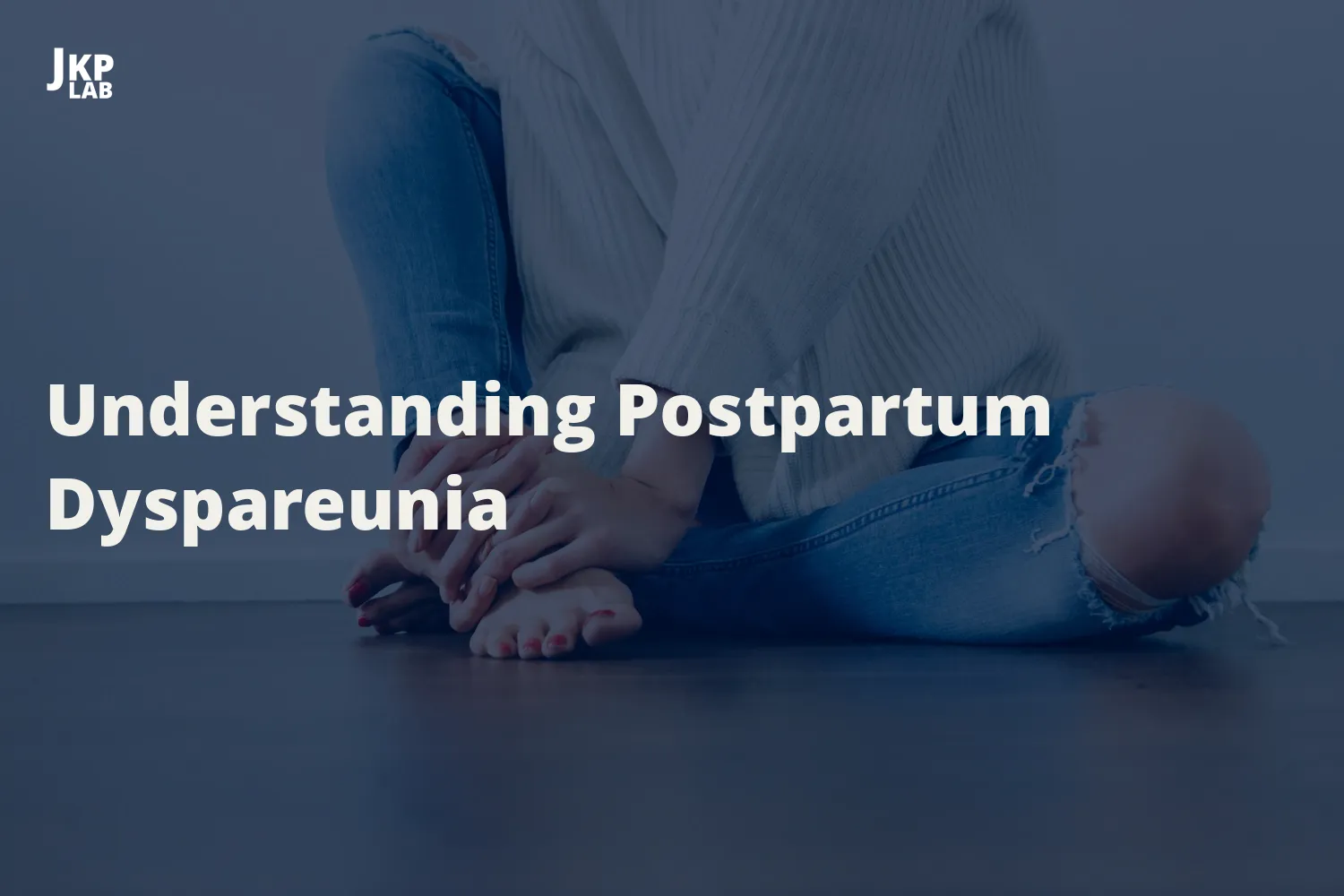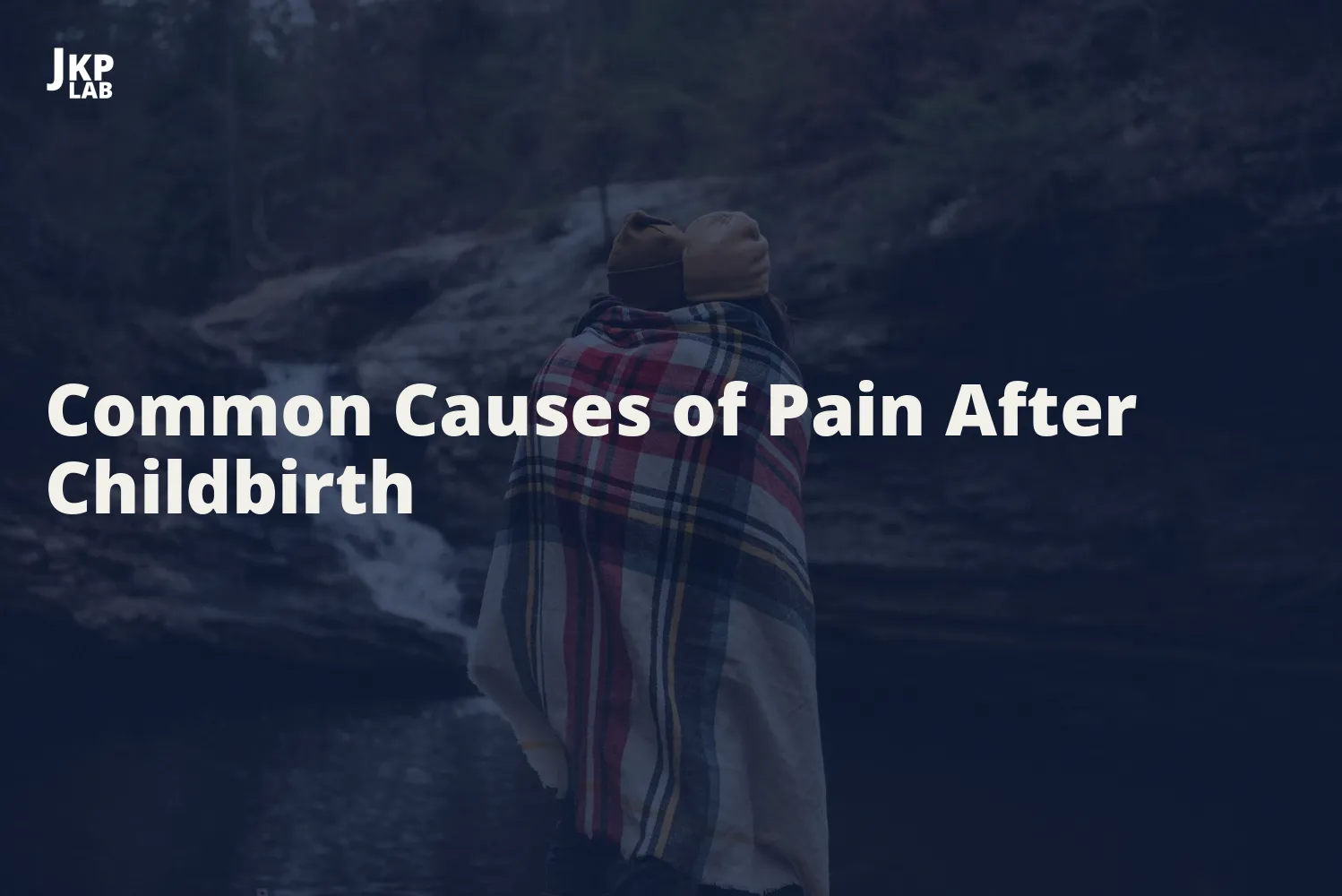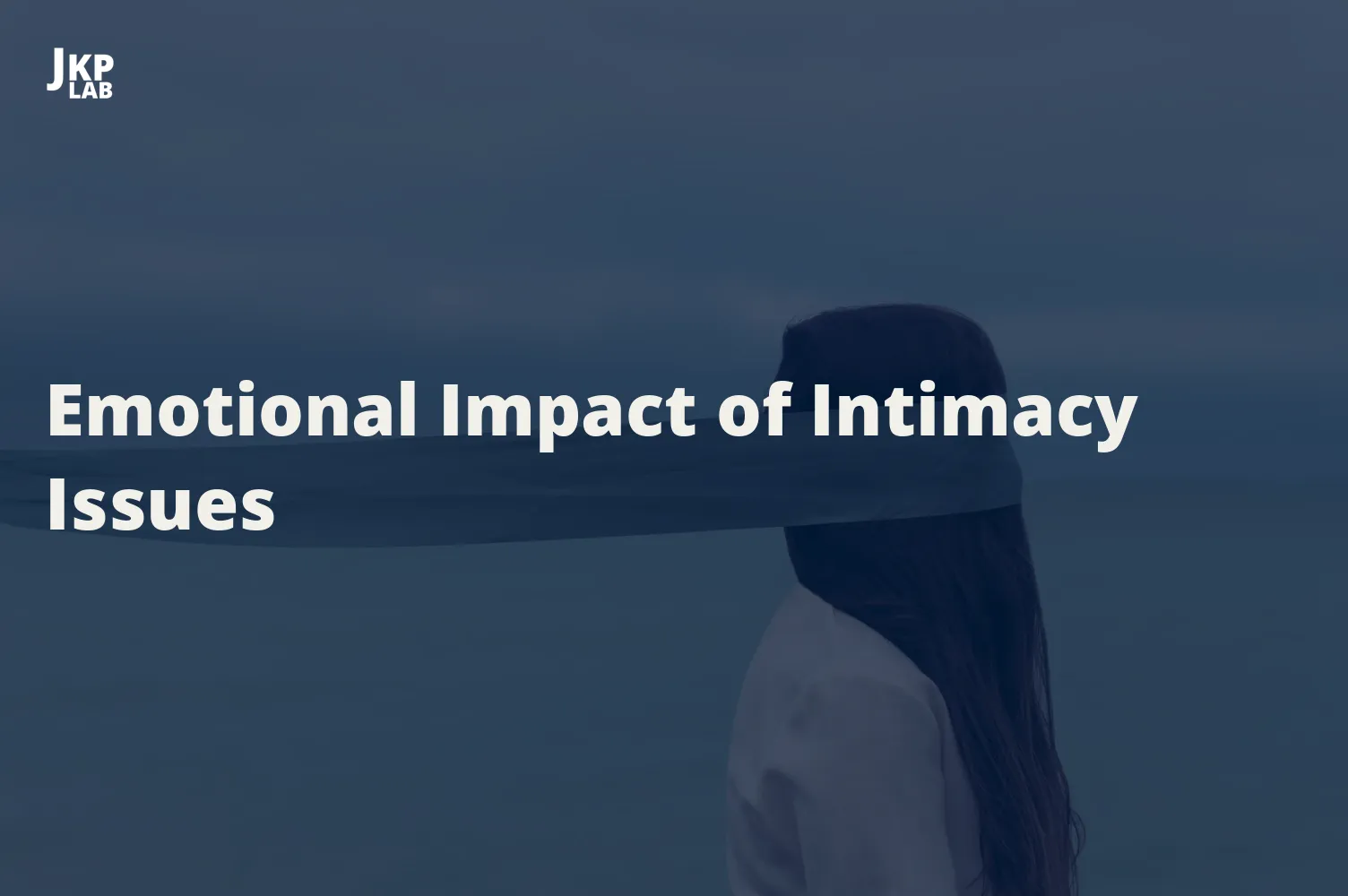
Understanding Postpartum Dyspareunia
Postpartum dyspareunia refers to pain experienced during sexual intercourse after childbirth. It’s a concern for many new mothers who find that intimacy, once a source of joy and connection, has become a source of discomfort and fear. But why does this happen?
What is Postpartum Dyspareunia?
Simply put, postpartum dyspareunia is pain felt during sex after having a baby. The intensity and nature of the pain can vary. For some, it may be a mild discomfort, while for others, it might be sharp or burning.
Why It’s Common After Childbirth
Childbirth is a significant event that causes changes in a woman’s body. Here are some reasons why postpartum dyspareunia occurs:
-
Vaginal Dryness:
Hormonal shifts after giving birth can lead to reduced estrogen levels, which in turn can cause vaginal dryness, making intercourse painful.
-
Physical Trauma:
Whether through a cesarean section or a natural birth, the process can lead to tears, episiotomies, or other traumas which may cause pain during intimacy.
-
Emotional and Psychological Factors:
Sometimes, the pain isn’t just physical. Anxiety about resuming sexual activity or fears related to the childbirth process can exacerbate feelings of pain or discomfort.
It’s essential to understand that experiencing postpartum dyspareunia doesn’t mean something is “wrong” with the individual. It’s a condition that many face. Thankfully, there are ways to address and alleviate this pain, making intimacy enjoyable again.
For a deep dive into dyspareunia, which is not exclusive to postpartum women, consider reading this comprehensive guide: Understanding Dyspareunia: All You Need to Know About Painful Sex.
Taking the Next Steps
If you or someone you know is facing postpartum dyspareunia, it’s essential to communicate with a healthcare provider. They can offer guidance tailored to individual circumstances. In the upcoming sections, we’ll explore some natural solutions, including the potential benefits of Spanish Fly Pro, that might help ease the journey back to pleasurable intimacy.

Common Causes of Pain After Childbirth
Childbirth is a transformative event for the body. Many physical and hormonal changes take place during and after delivery, leading to various aftereffects. While some of these changes are temporary, others can linger for a while. One of these aftereffects is pain during sexual intercourse or postpartum dyspareunia.
Physical Changes and Trauma
-
Tissue Damage:
During childbirth, the vaginal tissue might stretch or even tear. While these tears usually heal over time, they can sometimes lead to discomfort or pain during intercourse.
-
Episiotomy:
An episiotomy is a surgical cut made during childbirth to widen the birth canal. This procedure can lead to postpartum pain, especially during the initial weeks and months following the birth.
-
C-Section Scar:
For those who undergo a cesarean section, the scar tissue can sometimes cause discomfort during intimacy, especially in specific positions.
Hormonal Changes
-
Estrogen Levels:
After childbirth, especially during breastfeeding, the body’s estrogen levels drop. Estrogen is vital for lubrication, so a decrease can lead to vaginal dryness, making intercourse uncomfortable.
Emotional and Psychological Factors
While physical and hormonal changes can contribute to pain, emotional and psychological factors play a significant role too:
-
Anxiety and Stress:
The responsibilities of being a new parent, combined with the trauma of childbirth, can lead to anxiety and stress, both of which can have an impact on sexual desire and comfort.
-
Fear of Pain:
The memory of pain from childbirth or previous painful intercourse sessions can cause a fear of pain, making the muscles around the vaginal area tense up during intercourse, leading to discomfort.
Understanding these causes is the first step to finding a solution. While some may resolve on their own, others might require a bit more attention and care. In the sections to follow, solutions and ways to enhance arousal naturally will be explored, offering hope to those affected by postpartum dyspareunia.

Emotional Impact of Intimacy Issues
The journey of childbirth and transitioning into parenthood is emotional in itself. When pain during intercourse enters the equation, it can amplify feelings of distress and vulnerability.
The Mind-Body Connection
The human body and mind are deeply connected. When someone experiences pain during a typically pleasurable activity like intimacy, it can create a range of emotions:
-
Fear:
The anticipation of pain can cause anxiety and dread. This can create a cycle where fear of pain causes tension, leading to more discomfort during intimacy.
-
Frustration:
For many, intimacy is a way to connect deeply with their partner. When this connection is disrupted by pain, it can result in feelings of frustration and disappointment.
-
Sadness or Depression:
Chronic pain during intimacy can sometimes lead to feelings of sadness or even depression. The individual may feel like a part of their life is missing or diminished.
-
Reduced Self-Esteem:
Pain and discomfort can sometimes make an individual feel less confident in their body, leading to reduced self-esteem and feelings of inadequacy.
Relationship Dynamics
Postpartum dyspareunia doesn’t just impact the individual; it can have ramifications on the relationship as a whole:
-
Reduced Intimacy:
Due to the fear of pain, couples might avoid intimacy altogether, which can create distance between them.
-
Communication Challenges:
Discussing intimate problems can be challenging. One partner might feel guilty for causing pain, while the other might feel inadequate for experiencing it. This can lead to communication barriers.
-
Support and Understanding:
It’s essential for partners to support each other during this challenging time. Open communication, patience, and understanding can help navigate the complexities of postpartum dyspareunia.
While the emotional impact of intimacy issues post-childbirth can be daunting, it’s vital to remember that solutions exist. Seeking help, whether through natural remedies or professional guidance, can pave the way for a return to pleasurable intimacy.

Natural Ways to Enhance Arousal
In the face of postpartum dyspareunia, it’s heartening to know that nature offers remedies to help alleviate the discomfort and enhance arousal. Here’s a look at some of these solutions:
Gentle Exercise
-
Pelvic Floor Exercises:
Strengthening the pelvic floor can help improve muscle tone and reduce discomfort. Kegel exercises, in particular, are recommended for this purpose.
-
Yoga and Stretching:
Gentle yoga postures and stretches can help relax the muscles, promote blood flow, and improve overall flexibility, aiding in more comfortable intimacy.
Natural Lubricants
-
Aloe Vera:
A natural moisturizer, aloe vera can be used as a lubricant to reduce friction and enhance comfort during intercourse.
-
Coconut Oil:
Known for its moisturizing properties, coconut oil serves as an excellent natural lubricant. However, it’s essential to note that oil-based lubricants should not be used with latex condoms as they can weaken the material.
Dietary Supplements
-
Fenugreek:
This herb is known to help balance hormones and improve libido. It’s been used traditionally to enhance sexual health.
-
Maca Root:
A popular supplement, maca root is believed to boost energy and increase libido, making it a suitable option for those looking to enhance arousal naturally.
Mindfulness and Relaxation
-
Deep Breathing:
Taking deep breaths can help relax the body and mind, making intimacy more enjoyable.
-
Meditation:
Meditation techniques, especially those focused on body awareness, can enhance the connection to one’s body and improve the intimate experience.
Nature offers various ways to enhance arousal and make intimacy a pleasurable experience once again. By exploring these options, one can find a method that best suits their needs and preferences.

Introducing Spanish Fly Pro: A Gentle Boost
In the vast realm of natural solutions, there’s a product that stands out for its potential benefits in enhancing sexual arousal: Spanish Fly Pro.
What is Spanish Fly Pro?
Spanish Fly Pro is a dietary supplement designed to boost libido in both men and women. Made from natural ingredients, it aims to increase arousal, sex drive, and the ability to achieve orgasms.
How Does It Work?
-
Natural Ingredients:
Spanish Fly Pro is formulated with a blend of natural herbs and extracts. These ingredients work synergistically to stimulate the body’s sexual responses.
-
Boosting Blood Flow:
One of the ways Spanish Fly Pro enhances arousal is by promoting increased blood flow to genital areas, heightening sensitivity.
-
Balancing Hormones:
Some ingredients in Spanish Fly Pro may help balance hormone levels, addressing issues like vaginal dryness, which is often a result of hormonal imbalances.
Benefits of Spanish Fly Pro
-
Safe and Natural:
Steering clear from synthetic chemicals, Spanish Fly Pro offers a natural way to enhance intimacy without the fear of adverse side effects.
-
Suitable for Both Genders:
Unlike some products that target only men or women, Spanish Fly Pro is versatile, catering to the needs of both genders.
-
Enhanced Pleasure:
Regular use can lead to heightened sensations, making intimacy more enjoyable and orgasms more attainable.
In a world filled with quick fixes, Spanish Fly Pro offers a gentle, natural solution for those looking to enhance their intimate lives. It’s an option worth considering for those who seek a boost in their sexual journey.

Professional Guidance: When to Seek Help
Despite the array of natural remedies and products available, sometimes the issues faced might require a more direct intervention. This is where professional guidance comes in.
Recognizing the Signs
-
Chronic Pain:
If the pain during intimacy persists for a prolonged period, it’s crucial to seek professional help to address any underlying conditions.
-
Emotional Distress:
Experiencing consistent feelings of sadness, anxiety, or depression related to intimacy issues necessitates professional intervention.
-
Physical Abnormalities:
Any lumps, abnormal discharge, or persistent itching should be a sign to consult a healthcare professional.
The Role of a Healthcare Professional
-
Diagnosis:
A medical professional can provide a clear diagnosis by examining the symptoms and, if necessary, conducting tests.
-
Treatment Plans:
Based on the diagnosis, they can recommend treatments, which could range from physical therapy to medications.
-
Therapy and Counseling:
For those facing emotional challenges related to their intimacy issues, therapists and counselors can offer valuable insights and coping strategies.
The Importance of Open Communication
-
Discussing Symptoms:
Clearly articulating the symptoms can help professionals arrive at a correct diagnosis more swiftly.
-
Sharing Emotional Struggles:
If postpartum dyspareunia is causing emotional distress, discussing these feelings is essential. This will enable professionals to recommend therapy or counseling.
-
Asking Questions:
Understanding the condition, its causes, and potential treatments can make the journey to recovery smoother. It’s essential to ask questions and seek clarifications from healthcare professionals.
It’s essential to remember that seeking professional help is a sign of strength, not weakness. Addressing the problem head-on with the guidance of a professional can pave the way for a happier, healthier intimate life.

Embracing the Journey: Steps Toward Healing
Navigating the challenges of postpartum dyspareunia is undoubtedly a journey, but with the right resources, guidance, and support, healing is achievable.
Educate and Empower
Knowledge is power. By understanding the root causes and solutions for intimacy issues post-childbirth, individuals can feel more in control of their situation.
-
Read Extensively:
There are numerous resources available that provide insights into painful intercourse. A highly recommended read is the comprehensive guide on dyspareunia, which can be found here: All You Need to Know About Painful Sex.
-
Attend Workshops:
Some community centers and clinics offer workshops focused on sexual health, which can be valuable for acquiring knowledge and sharing experiences.
Prioritize Self-care
Emotional and physical well-being is paramount. Setting aside time for self-care can aid in healing:
-
Relaxation Techniques:
Activities like meditation, deep breathing exercises, and gentle physical activity can be beneficial.
-
Partner Support:
Engaging in open conversations with one’s partner about feelings, concerns, and needs can strengthen the bond and provide essential emotional support.
Celebrate Small Wins
Recovery and healing don’t happen overnight. It’s a process, and celebrating small victories along the way can boost morale:
-
Acknowledge Progress:
Whether it’s being able to discuss the issue openly or experiencing reduced discomfort, recognizing progress is essential.
-
Stay Optimistic:
A positive mindset can make a significant difference in the recovery process. Remembering that challenges are temporary and focusing on the end goal can be motivating.
In conclusion, while postpartum dyspareunia presents its challenges, it’s essential to remember that it doesn’t define one’s intimate life forever. With patience, understanding, and the right tools and support, a fulfilling intimate relationship post-childbirth is within reach.